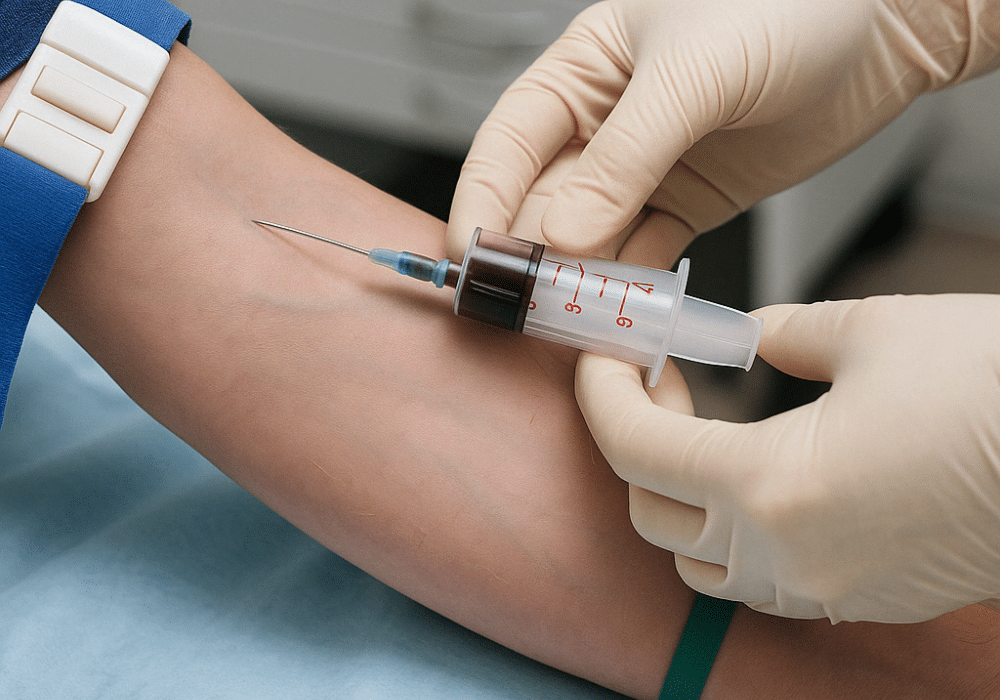
In Wisconsin, the issue of whether a driver’s consent to a blood draw is voluntary has significant legal implications, especially in OWI (Operating While Intoxicated) cases. The recent appellate decision in State v. Gore provides clarity on how courts assess the voluntariness of such consent, particularly in light of the Blackman precedent.
Case Background
On July 12, 2020, Christopher Gore was involved in a single-vehicle rollover crash in Minocqua, Wisconsin, resulting in the death of his passenger. Emergency responders and law enforcement officers observed signs suggesting Gore had been drinking, including the smell of alcohol and his own admission to consuming beer. At the hospital, an officer read Gore the “Informing the Accused” form, which stated that refusal to submit to a blood test would result in revocation of his operating privilege. Gore consented to the blood draw, which revealed a blood alcohol concentration of 0.239g/100mL.
Legal Challenge
Gore moved to suppress the blood test results, arguing that his consent was involuntary because:
- The “Informing the Accused” form was read to him under circumstances not warranting its use, as he was not under arrest at the time.
- The officer’s statement that he would seek a warrant if Gore refused the blood draw was coercive.
Gore relied on the Wisconsin Supreme Court’s decision in State v. Blackman, where the court held that reading the “Informing the Accused” form to a driver without probable cause for OWI rendered the consent involuntary.
Court’s Analysis and Decision
The Court of Appeals distinguished Gore’s case from Blackman, emphasizing that:
- In Blackman, there was no probable cause to believe the driver was under the influence, making the reading of the form misleading.
- In Gore’s case, officers had probable cause based on the accident’s circumstances, Gore’s behavior, and his admissions.
Therefore, the court concluded that:
- The reading of the “Informing the Accused” form was appropriate under Wisconsin Statute § 343.305(3)(ar)2.
- The officer’s statement about seeking a warrant did not render the consent involuntary, as it reflected a genuine intention and was not coercive.
The court affirmed the circuit court’s decision, allowing the blood test results to be used in Gore’s prosecution.
Implications for Wisconsin Drivers
This decision underscores that:
- Law enforcement can request a blood draw under § 343.305(3)(ar)2. when there’s probable cause of OWI, even if the driver is not under arrest.
- Statements about seeking a warrant do not automatically invalidate consent, provided they are not coercive or misleading.
- The presence of probable cause is a critical factor in determining the voluntariness of consent to a blood draw.
Concerned Your Consent Was Not Voluntary? Contact DK Anderson, S.C.
If you’ve been charged with an OWI in Wisconsin and have concerns about the legality of a blood draw or the voluntariness of your consent, it’s crucial to consult with experienced legal counsel. At DK Anderson, S.C., we specialize in defending clients against OWI charges and ensuring that their constitutional rights are protected.
Contact us today for a consultation – (608) 204-5807
Frequently Asked Questions - Wisconsin Consent to Blood Draw
It’s a standardized form that law enforcement reads to drivers, informing them of the consequences of refusing chemical tests under Wisconsin’s implied consent law.
If you have been arrested for an OWI and law enforcement requests a sample of your blood, a refusal can lead to penalties, including license revocation, ignition interlock device and a waiting period before you can obtain your occupational license.
Absolutely. Probable cause is key in determining whether law enforcement had the right to request you submit to a blood test. If probable cause was lacking, a good defense attorney should be able to get the evidence of the blood test suppressed.
Our Practice Areas
Drunk Driving
Whether you are charged with a first offense, or a fifth offense, our Wisconsin OWI attorneys can help.
Violent Crimes
A conviction for any one of Wisconsin's violent crimes will have significant consequences.
Drug Charges
Our Wisconsin Drug charge attorneys know the law and how to apply that law in the court room.
Domestic Violence
A conviction for a domestic violence charge in Wisconsin has additional consequences.
Property Crimes
Wisconsin property crimes include theft, forgery, and criminal damage to property.
Sex Offenses
Not much will change your life like a conviction for one of Wisconsin's sex offense charges.
Traffic Citations
Although less serious than a criminal charge, a traffic citation can effect your driver's license.
